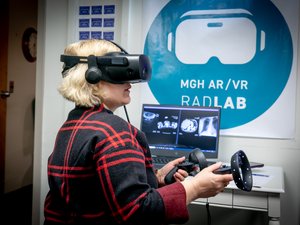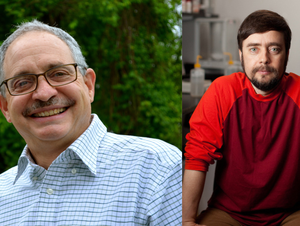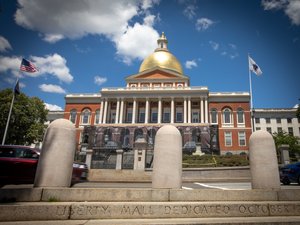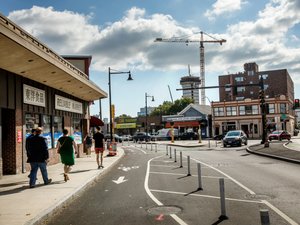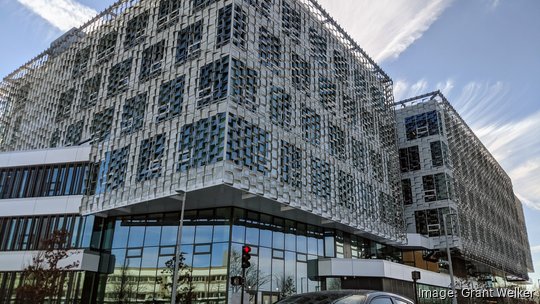
Last year, Harvard University announced the launch of a new accelerator to get more “tough tech” startups out of the lab. Today, the university announced the first researchers to receive funding through this program.
Five teams of Harvard science and engineering researchers have been selected to receive capital from The Grid, Harvard’s new accelerator to turn lab projects into commercially viable products and services. The selected teams are working on research in areas like health and medicine, climate and manufacturing.
Harvard did not disclose the funding amounts.
“Tough tech” refers to companies working in areas like biology, industrial design or quantum computing. Startups working in these sectors typically require more resources to get off the ground, such as specialized equipment and lab space. Investors can also be more wary of these companies because they require more time and money than other tech verticals.
Despite these barriers, 2022 saw a push of support for tough-tech startups. In addition to the launch of The Grid, MIT’s The Engine opened a new Cambridge headquarters and MassVentures began deploying funds from its $20 million fund from the U.S. Department of Treasury for deep-tech startups.
The Grid is the result of a collaboration between the Harvard John A. Paulson School of Engineering and Applied Sciences and the Harvard Office of Technology Development. The Office of Technology Development has helped create 15 new startups since 2013. Those physical sciences and engineering companies have gone on to raise a collective $172 million.
Meet the five teams funded by The Grid at Harvard
Jennifer Lewis, a materials scientist and Hansjorg Wyss professor of biologically inspired engineering, will lead a project to create a new form of Computer-Aided Design (CAD). The team said that by combining machine learning, physical simulation, robotics, computer graphics and digital fabrication methods, users would define designs via high-level specifications. The designs would also be verified to be fabricable and functional in the real world during the design stage. The goal is to offload low-level design to the computer and allow people to focus on the high-level design decisions.
Joost Vlassak, Abbott and James Lawrence professor of materials engineering, and his team intend to combat antibiotic resistance by building a new system for fast Antimicrobial Susceptibility Testing (AST). This is a technique used to confirm susceptibility of pathogenic bacteria to drugs. It also detects drug resistance and guides the selection of patient therapy for difficult-to-treat infections. The team says its patented approach produces test results in minutes compared to hours or days with traditional methods and can perform dozens of measurements simultaneously.
A project led by Jarad Mason, assistant professor of chemistry and chemical biology, will produce a greener solution to the volatile fluorocarbon refrigerants used in refrigerators and air conditioners. These refrigerants are greenhouse gasses. His team is developing chemistry for nonvolatile solid refrigerants which have zero direct emissions.
Roboticist Conor Walsh, Paul A. Maeder professor of engineering and applied sciences, and his colleagues from the Harvard Move Lab are developing a lightweight neuroprosthesis to help individuals recovering from stroke learn to walk again. The technology will use electrical stimulation of propulsion-generating calf muscle groups and an adaptive controller to allow for individualizing timing and magnitude of assistance. Additionally, the soft wearable will monitor walking biomechanics and have cloud-connected capabilities for remote monitoring.
Finally, a team advised by Peter Girguis, professor of organismic and evolutionary biology, plans to scale its work using large language models (LLMs) to decode the language of genomes. The team said this will include the full spectrum of genomic sequences from the human gut, sewage treatment plants and other systems. They aim to launch a gene discovery startup to produce engineerable gene modules and commercially relevant products, like novel enzymes for bioremediation.
Sign up for The Beat, BostInno’s free daily innovation newsletter. See past examples here.
